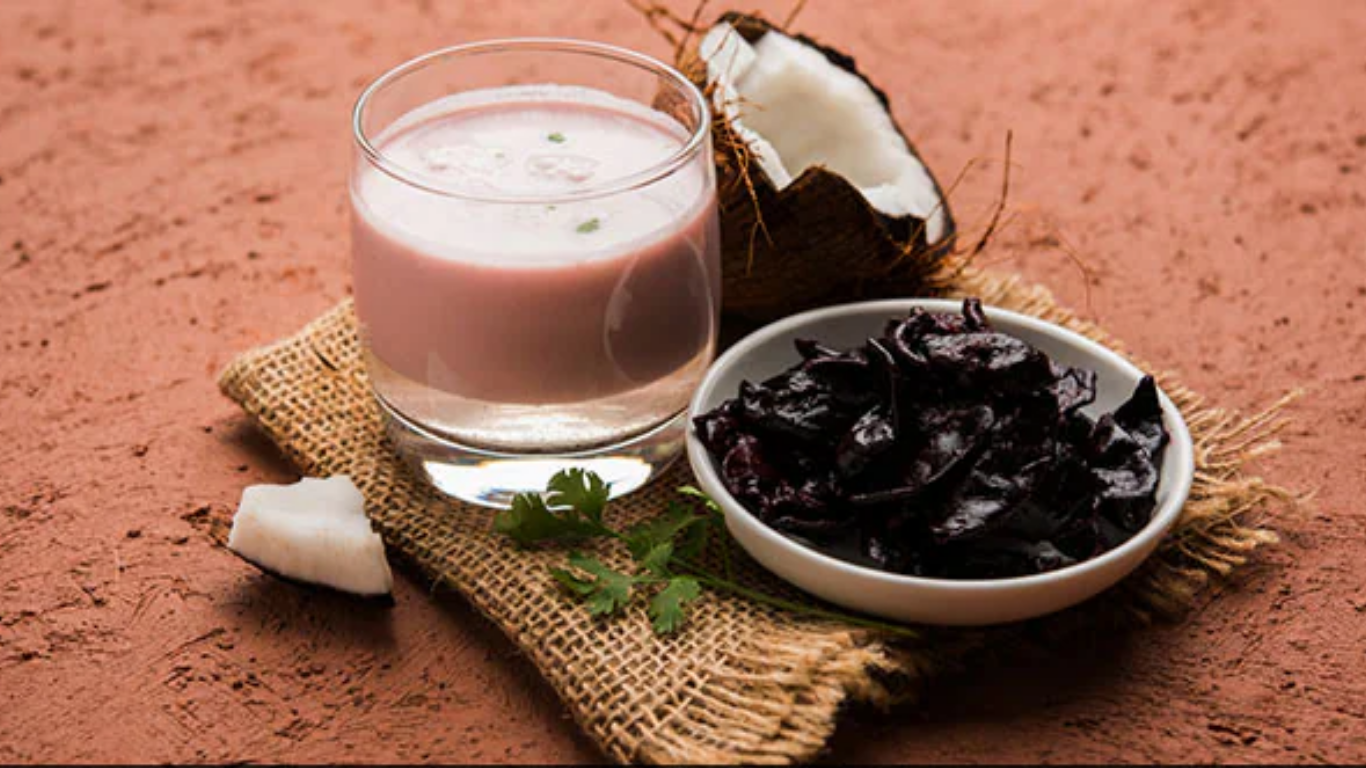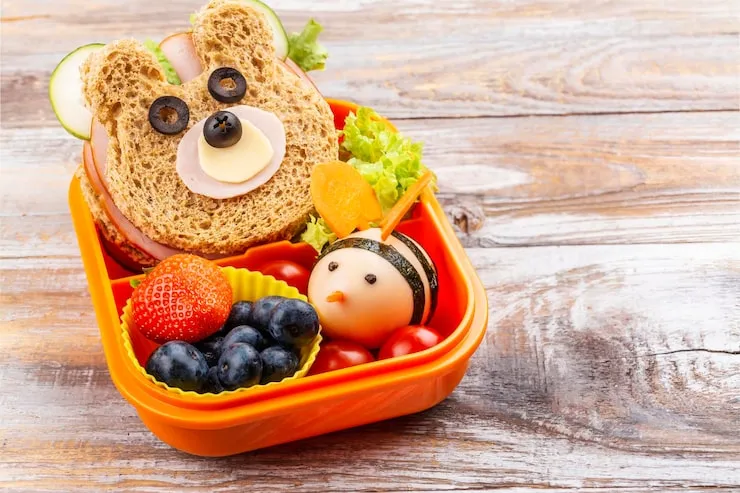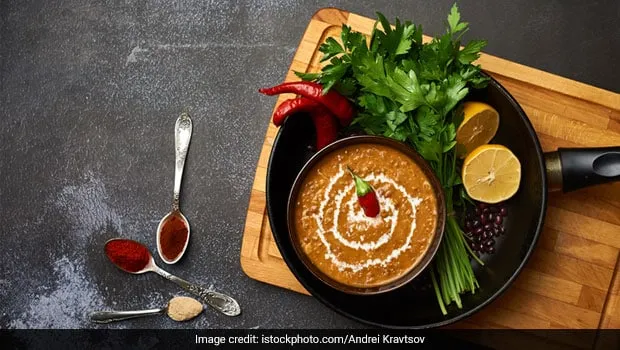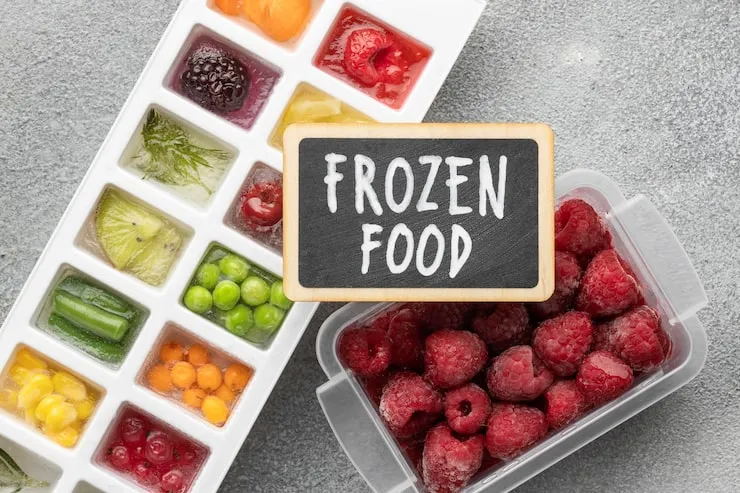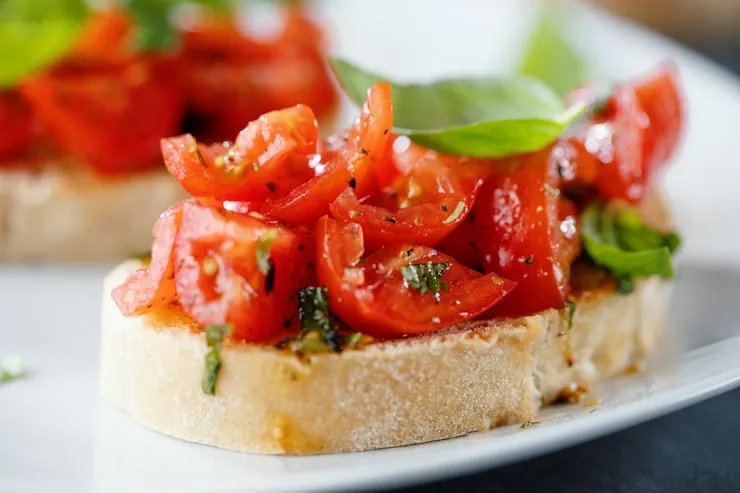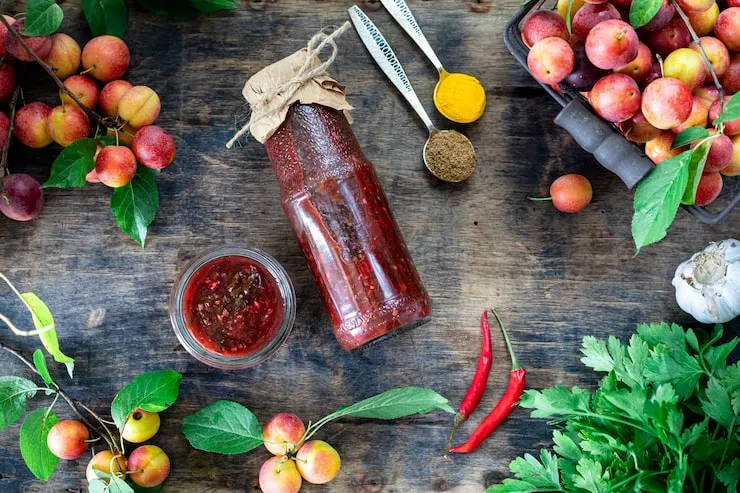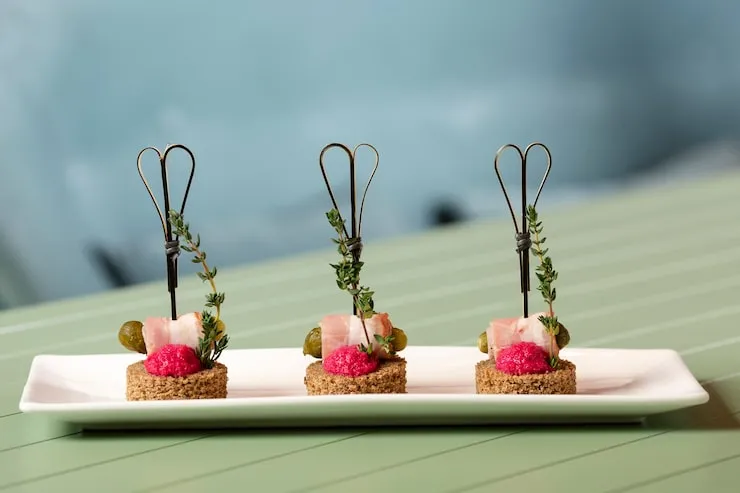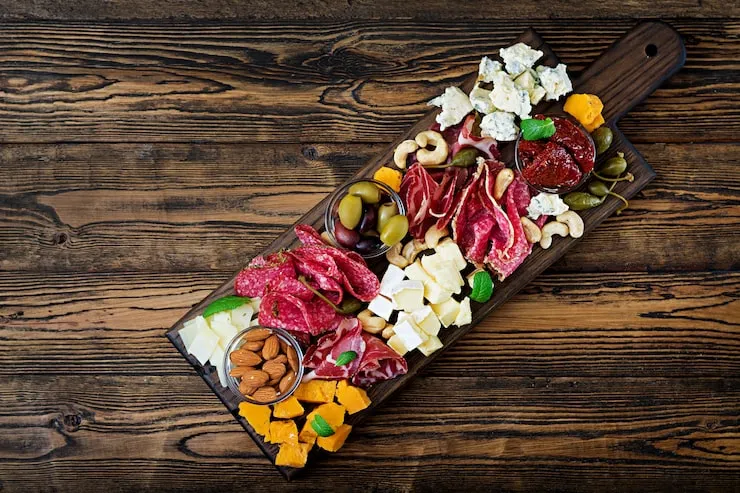It starts with a sip. Cool, pink, and slightly tangy. The kind of drink that wakes up your tongue but soothes your insides. That’s Sol Kadhi for you. A staple in homes along Maharashtra’s Konkan coast, it’s more than just a digestive. It’s a tradition. A comfort. A taste that says, “You’re home.”
Now, it’s being sipped in places far from the sands of Ratnagiri or the kitchens of Malvan. It’s popping up in homes, restaurants, and potlucks across Canada — from the snowy lanes of Calgary to the cozy suburbs of Toronto.
Maharashtrian expats are not just preserving Sol Kadhi; they’re proudly passing it on — giving it a new passport and introducing it to new palates.
The First Sip Abroad

When Sneha Kulkarni moved from Pune to Mississauga five years ago, she expected to miss her family, her language, and even the rickshaw horns. But what hit hardest? Mealtimes without Sol Kadhi.
“After every spicy meal, my Aai would hand me a steel glass of kadhi,” she says, “and I didn’t realize how much I’d miss that cool, pink magic.”
She tried to recreate it. At first, the coconut milk was too thick. Then the kokum was sour. Still, she persisted — experimenting late into cold Canadian nights. Eventually, it clicked. The taste wasn’t exact, but the feeling was there.
What started as a memory quickly became a movement. Friends came over. They tried it. They wanted more. “At our weekend dinners,” Sneha says with a smile, “everyone else brought wine. I brought kadhi.”
From Memory to Menus
Sol Kadhi didn’t stay in living rooms for long. Toronto’s Masala Roots cafe added it to its 2023 summer menu — served in chic shot glasses with a mint garnish. It stood out on the menu of curries and naan. People were curious.
“Customers would ask, ‘What’s this pink drink?’” says owner Prashant Joshi, originally from Kolhapur. “We’d explain it’s made from kokum and coconut milk. They’d take a sip, and their eyebrows would lift — surprised, but happy.”
He laughs. “It’s like a savory smoothie. It messes with your brain in a good way.”
For many non-Indian Canadians, Sol Kadhi is an adventure in flavor. For Maharashtrians, it’s a quiet revolution — a dish going mainstream, proudly and without apology.
A Sunday Ritual, Thousands of Miles Away
In Halifax, Nova Scotia, student Rohan Jadhav has made Sol Kadhi part of his weekend life. “It connects me to my mom,” he says. “She taught me the recipe over video call.”
He jokes that his first attempt was a disaster — too salty, too thick. But now, every Sunday, it’s his ritual. “It’s calming,” he says. “Almost meditative. And after a spicy curry, there’s nothing better.”
He’s even introduced it to his roommates. “At first, they said it looked like strawberry milk. Then they tasted it. Now they ask for it after every biryani night.”
Creative Kadhi: Popsicles and Twists

While some keep the recipe traditional, others are experimenting.
In Vancouver, food blogger and mom of two Sujata Deshpande made Sol Kadhi popsicles for her kids. “They don’t always want to drink it,” she says, “so I froze it. Added a little garlic, toned down the spice. They loved it.”
She posted the recipe on Instagram. The video — with pink popsicles glistening in the sun — went viral. “I never expected it,” Sujata says. “But people got excited. They said it reminded them of home, but also felt new.”
This mix — of tradition and invention — is what’s helping Sol Kadhi cross borders.
Sourcing Ingredients: A Delicious Challenge
Making Sol Kadhi in Canada isn’t always easy. Dried kokum isn’t available in every store. Some use frozen kokum sent from home, others rely on concentrates or experiment with alternatives like tamarind.
Coconut milk is another issue. “Some brands are too oily,” says Sneha. “Others are bland. I mix two kinds to get the right balance.”
And yet, despite the challenges, people continue. They adjust. They substitute. But they don’t stop making it. Because every spoonful brings them closer to a memory.
A Community Effort
In Brampton, Ontario, the Marathi Mitra Mandal hosted a kadhi-making contest during their summer potluck. “It started as a joke,” says organizer Meenal Thombre. “But it turned into the main event.”
Twelve people entered. Some made classic versions. Others added mint, cumin, or even beet juice to enhance the color. The winner? A 16-year-old named Mitali who served hers in bamboo cups.
“It wasn’t just about taste,” Meenal explains. “It was about pride. Culture. Showing that our food has a place here too.”
Why Sol Kadhi? Why Now?
With more Maharashtrian youth growing up abroad, questions about identity are common. What did our grandparents eat? What does 'home' taste like? What do we pass on?
Sol Kadhi is a gentle but powerful answer.
It’s vegetarian. It’s easy to make. It uses few ingredients. It works with Western diets. And best of all — it looks good in photos. That pink hue has become its unexpected superpower in the age of Instagram.
Chefs like Prashant believe this is just the beginning. “There’s room for more,” he says. “Why not Sol Kadhi cocktails? Or Sol Kadhi sorbet? We can take this anywhere.”
The Global Future of a Local Favorite

Sol Kadhi’s story is about more than a drink. It’s about holding onto something soft and real while building a new life abroad. It’s about sipping from a glass and tasting your mother’s kitchen, even when you’re 11,000 kilometers away.
In Ottawa, a young couple serves it to friends at their Canada Day barbecue. In Montreal, a second-gen Marathi teen makes it for their school’s “heritage food day.” In Edmonton, an elderly couple drinks it before bed — just like they used to in Dapoli.
Across Canada, steel glasses are becoming ceramic mugs, and old recipes are finding new audiences. Sol Kadhi is not changing. It’s growing. Stretching. Being loved by people who may have never seen a kokum fruit, but now know what it tastes like.
Sol Kadhi was never meant to go global. It was made to cool the body, aid digestion, and bring families together after a heavy meal. But food, like people, travels. It adapts. It learns new names and faces.
What stays constant is the feeling. The first sip. The soft pink color. The gentle punch of kokum, the soothing hug of coconut.
That’s the magic. That’s what Maharashtrian expats are sharing — not just a drink, but a story. A memory in a glass.
And somewhere in a quiet Canadian kitchen, that story is being poured again — cold, bright, and full of heart.



